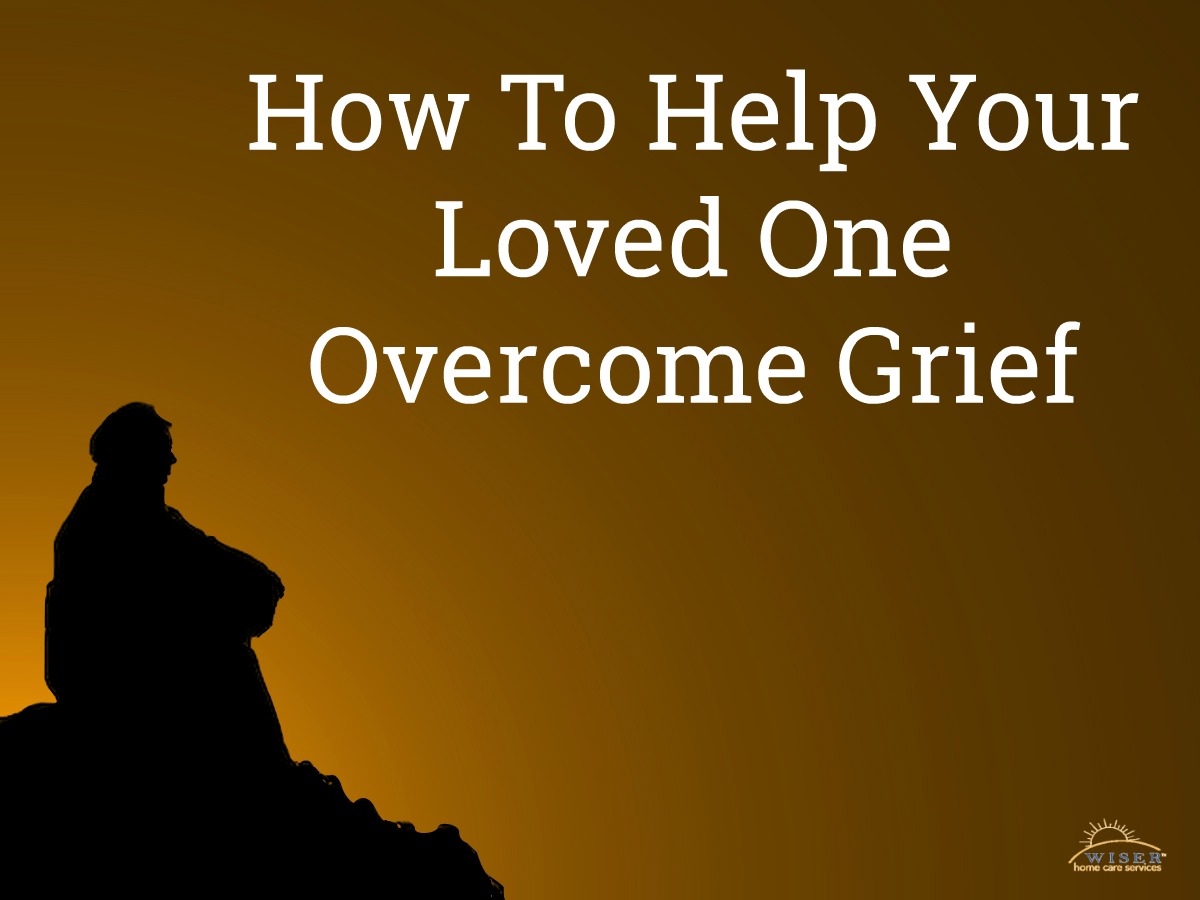Have you ever thought about the fact that once we are born we start dying? In fact, every day brings us closer to death. We aren’t trying to be morbid, it really is an odd thing to think about and it is often a sad or scary thing to talk about as well.
When we are young, death isn’t as common but the older we get, the more death we end up facing. Each loss brings pain, and it never gets easier to deal with the emotional toil and grief we face when loved one’s are taken from us.
The void the death of a loved one brings affects everyone differently, and therefore everyone’s grieving process tends to be different. Because of this, Angie Cartwright founded National Grief Awareness Day in 2014. Cartwright’s goal in founding the day was to highlight the fact that the time it takes to heal from loss doesn’t have a prescribed course, and closure comes in many forms.
Since National Grief Awareness Day is this Wednesday, we wanted to take some time to share our expertise on what to expect, and some great ways to help an elderly loved one grieve in a healthy manner.
The Basics
Whether the death came unexpectedly or not, the initial shock is painful. Having to deal with all the legal and traditional things such as a will, funeral planning, medical bills, etc. can be stressful and make it difficult for one to grieve right away. In this time, it is important to physically be there for your loved one. You can help by providing logistical support and helping with tasks associated with planning the funeral. In addition, the American Hospice Association suggests that you help by:
- Attending to physical needs
- Listen to them and encourage them to talk about the lost loved one
- Make sure they get any medical care they need
- Be patient with their grieving process
- Remember and acknowledge important dates and anniversaries
Grief Takes Time
As we mentioned in “The Basics”, there is so much to do immediately following a death, that it is entirely possible the grief will be delayed until after everything has been completed. Remain patient, helpful and vigilant. Once the grief sets in, be there for them and do not expect it to take any certain period of time. Sometimes grief stays around for weeks, months and even years.
Keep an Eye on Their Health
Grieving is stressful. Due to the increase in stress, your loved one may experience other health issues such as colds, lingering illnesses or flare-ups of existing conditions. Keep an eye on this and remind them to visit the doctor on a regular, as-needed basis to ensure they get the treatment they need to stay healthy.
Prepare to Ride the Emotional Roller Coaster
Grief can present itself in a plethora of emotions including anger, longing, relief, guilt, regret, depression, panic and even hysteria. Whatever the emotion is, just remember that this is a normal part of grieving.
The Aftershock
The months after a loss can be particularly difficult for a grieving loved one. With their mind on the grief, it is common for them to become forgetful and disorganized leading to missed appointments, lost keys, leaving things unfinished, etc. In addition, they may find it hard to concentrate on tasks or lose interest or motivation in tasks altogether. Do not fret, simply be there for thing during this time and let them express their feelings and remind them to be careful and stay vigilant during potentially dangerous activities such as lawn maintenance and driving.
So, when should you start to worry? If they start talking about hurting themselves or drinking excessively or taking drugs.
A dose of Exercise and Food
Grief can physically drain your health and happiness. Make sure your elderly loved one is eating an appropriate amount of food and getting regular exercise. If you live close by, it may be helpful to eat a couple meals a week with them and plan walks around the neighborhood, park or mall. The company and exercise will help get their mind on positive things as well as produce much needed endorphins.
Plan Fun Things
When you are grieving, it can help to plan fun things to do on a regular basis. Having fun things to look forward to in this difficult time will encourage the grieving one to keep pushing forward. It also reminds them that there is still happiness in life.
Take Care of Yourself
We have talked a lot about your elderly loved one in this blog, and rightly so. After all, they did lose a spouse. However, you also lost someone close to you. You need to make sure that you take the time to grieve properly as well. All the above-mentioned tips are perfect for you as well.
Consider Companion Care
We know that if you could, you would love to be there for your loved one all the time. Unfortunately, that isn’t possible. Which is why Wiser Home Care offers Companion Care Services.
Companion care caregivers provide the interaction seniors need to help make them feel connected. Wiser Home Care Services has wonderful companion care caregivers that are there for conversation, able to take seniors to social outings, run errands, and participate in activities as well as do light house duties. Companion care can provide the support needed for seniors to live safely at home.
If you care for an elderly loved one who is in the process of grieving, please feel free to contact us. We can help your family establish a care plan to personally accommodate your loved one’s needs.

